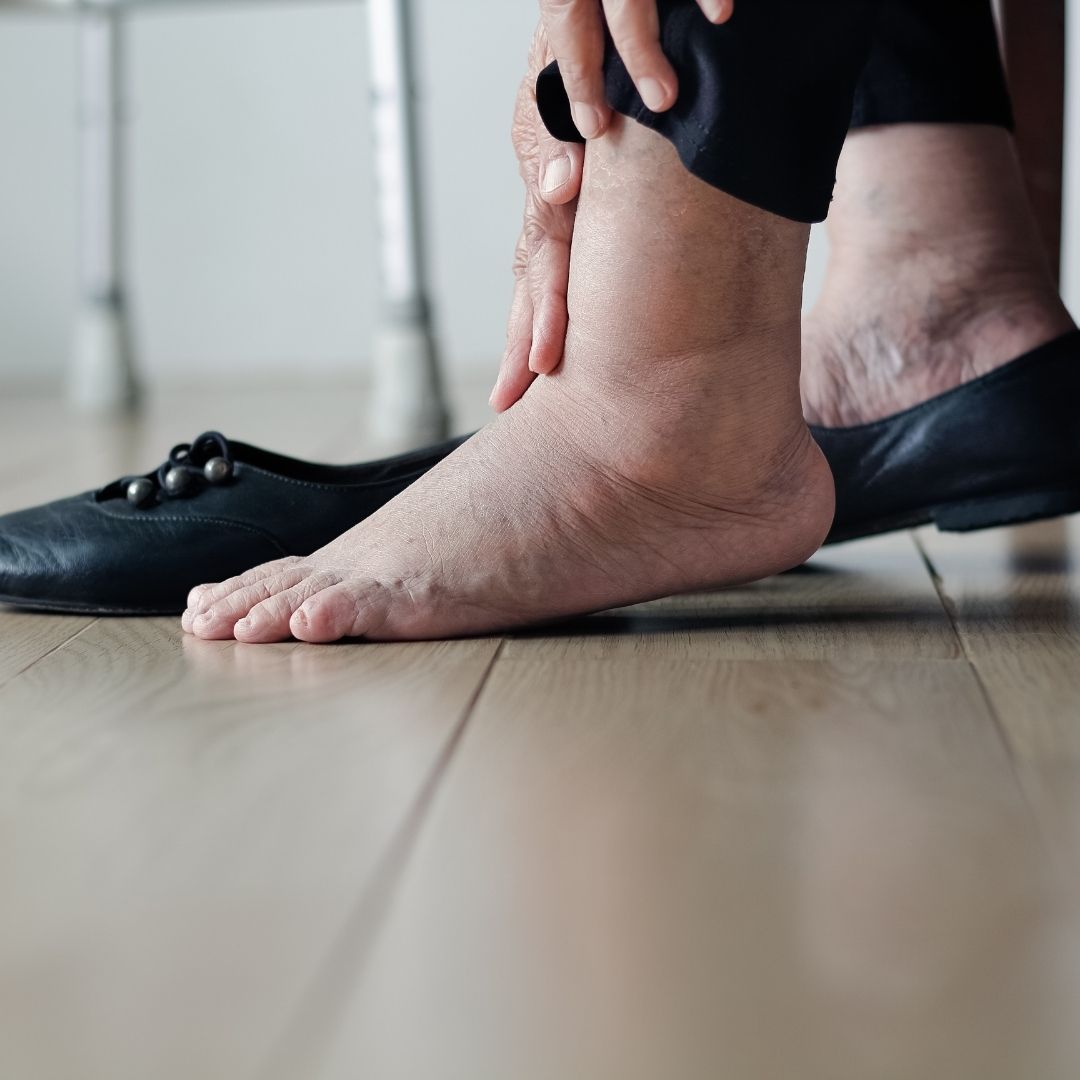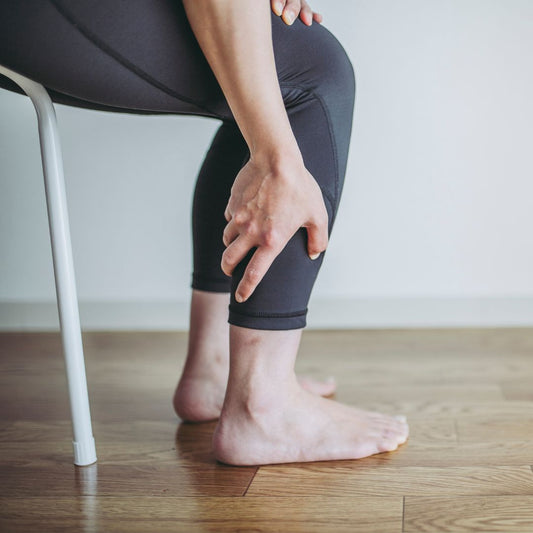Diabetes can be pretty sneaky. You can’t feel high blood sugar or glucose coursing through your bloodstream as it slowly and subtly damages your body…at least at first.
With type 2 diabetes, your body does not use the hormone insulin properly. Insulin is tasked with moving glucose or blood sugar from your bloodstream into your muscles, fat, and liver cells so it can be used as energy. When insulin can’t do its job, blood sugar builds up in your body where it can wreak havoc on your heart, eyes, kidneys, legs and feet.
Affecting about 50 percent of people with diabetes, nerve damage or diabetic neuropathy occurs when high blood sugar level damages your nerves. It typically damages nerves in your legs and feet. When these nerves stop sending messages to different parts of your body, you may experience tingling, pain, numbness, or weakness in your feet. If you can’t feel your feet, you may not feel or notice a cut, a blister or a sore, which can then progress into a more serious ulcer or infection.
This doesn’t mean you’re powerless. There are things you can do to take back control of your health if you have diabetes-related neuropathy.
Check your feet daily.
Look for sores, cuts, corns, calluses, blisters, red areas, swelling, or ingrown toenails. If you can’t feel pain your feet, you might otherwise miss something that can turn into an ulcer or infection.
Make sure your doctor gives your feet the once-over at each visit.
Try Force of Nature’s Nerve Pain Relief.
If you have nerve pain in your feet, this all-natural roll-on product is your new BFF. It provides rapid relief from shooting, burning, tingling, stabbing nerve pain by reducing inflammation in your nerve endings with certified organic Hypericum Perforatum and Coffee Cruda. Just roll over affected area 3 to 4 times daily. Unlike prescription medications for nerve pain, Nerve Pain Relief does not cause any side effects.
Keep your feet clean.
This will help reduce the risk that a cut or crack becomes infected.
Use a lotion on your skin to prevent cracks if your feet are dry.
Make sure your shoes fit well so you don't develop blisters.
Never go barefoot.
Shoes, socks or slippers will help prevent injury.
Trim your toenails straight across only.
Make sure to avoid cutting into the corners of toes. This will help prevent ingrown toenails and/or other injuries.
Never remove corns or calluses on your own.
Rein in your blood sugar.
Hands down, the best way to reduce any diabetes complications is to maintain tight control over your blood sugar. Some people can rein in blood sugar with lifestyle changes and weight loss. For others, this may involve taking insulin or other medication as directed and checking your numbers often.
Sources:
Centers for Disease Control and Prevention. Diabetes and Your Feet. https://www.cdc.gov/diabetes/library/features/healthy-feet.html




